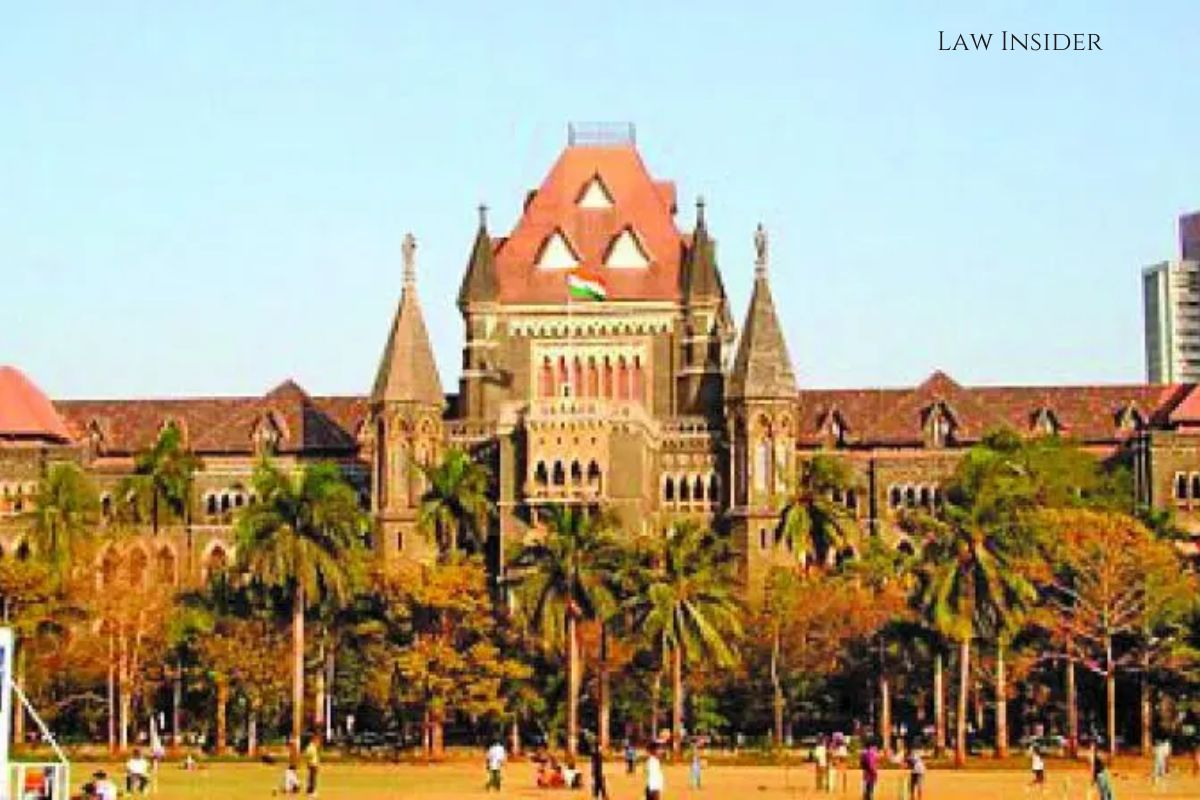LI Network
Published on: 02 September 2023 at 22:37 IST
The Bombay High Court has delivered a significant ruling, stating that the scope of the Scheduled Caste and Scheduled Tribe (Prevention of Atrocities) Act should not be restricted to the state where an individual is officially recognized as a member of these communities.
The court emphasized that limiting the Act in such a manner would undermine the very purpose for which it was enacted.
A full bench consisting of Justices Revati Mohite Dere, Bharati Dangre, and N J Jamadar made this observation, highlighting that the Act’s primary objective is to prevent atrocities against Scheduled Castes and Scheduled Tribes, aiming to eradicate the humiliation and harassment they often face while ensuring their fundamental, socio-economic, and political rights.
The bench’s order declared that the protections under the Scheduled Castes and Scheduled Tribes (Prevention of Atrocities Act) should extend to any part of the country where an offense is committed against an individual, even if they are not officially recognized as a Scheduled Caste or Scheduled Tribe in that particular region.
Furthermore, the full bench ruled that all appeals filed under the Act, regardless of the punishment involved, should be within the jurisdiction of the single bench of the high court.
The court asserted that caste is automatically assigned to an individual at birth, originating from their parents’ caste, and this label remains attached throughout their life. While a person may progress personally and socially, they cannot shed their caste identity, particularly if they were born into a Scheduled Caste or Scheduled Tribe.
The court recognized the enduring impact of caste-related discrimination and disadvantages faced by these individuals.
The Scheduled Caste and Scheduled Tribe (Prevention of Atrocities) Act was enacted to address the discrimination, intimidation, and violence faced by members of these communities when asserting their rights and demanding protection under the law. The court underlined the importance of striving for a casteless society, where all citizens are treated equally, aligning with the aspirations of the Constitution’s framers.
Senior counsel Abhinav Chandrachud argued on behalf of some petitioners, contending that the Atrocities Act should not apply if a victim has migrated from their state of origin.
In contrast, Advocate General Birendra Saraf argued against this, asserting that caste-related protections should apply regardless of migration.
The bench rejected the petitioners’ argument, stating that confining the scope of caste to state boundaries would be unrealistic and contrary to the spirit of the Act.
It emphasized that the Act is intended to protect the dignity and rights of Scheduled Caste and Scheduled Tribe members and should not be narrowly interpreted, as it would undermine the law’s intent.
The court also warned against adopting a limited and pedantic interpretation of the Act, as it would hinder its implementation and contradict the law’s purpose. Restricting caste identity to the state of origin would deprive individuals of the opportunity to progress and compete on an equal footing with others, undermining their fundamental rights and the principles of equality enshrined in the Constitution.

